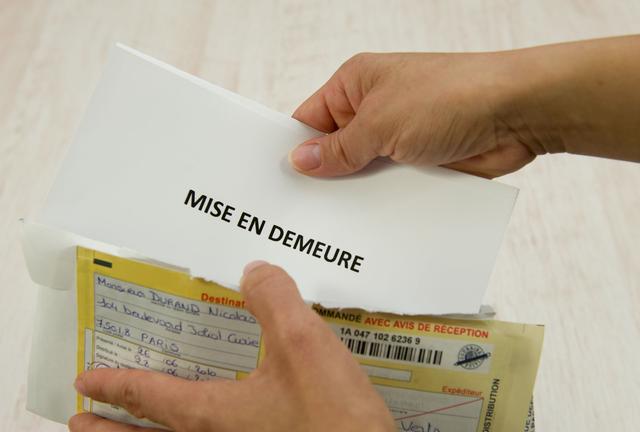- Web Figaro
- Amended
- Posted
–
Receive all the news Immovable
–
–
The Minister of Justice has just resolved the thorny issue of charging the collection costs incurred by a co-ownership, to recover unpaid charges. It is indeed the defaulting co-owner who must pay them, whether the costs were incurred before or after formal notice.
The Ministry of Justice has just taken a clear position on the charging of recovery costs incurred following unpaid charges by one of the co-owners. This response will facilitate the management of condominiums by the trustees.
The 1965 law on co-ownership is clear in stating that the costs incurred for reminders, formal notices, mortgage and bailiffs’ acts are due by the co-owner who has not paid his charges. In practice, however, bailiffs invoice the syndicate of co-owners, under the Code of Civil Enforcement Procedures (CPCE, art. L. 111-8). In such a case, the co-ownership only has the possibility of seizing the judge so that he decides on the imputation of the costs, with the induced risk of seeing differentiated treatments flourish throughout the territory.
The CPCE effectively indicates that recovery costs without an enforceable title remain the responsibility of the creditor, and therefore of the co-ownership, except if they relate to an act whose accomplishment is prescribed by law, and unless the creditor justifies the necessary nature. steps taken to recover the amount due.
“It can be deduced from the whole, without contradiction, that the costs of recovery incurred without title by a co-ownership against a co-owner remain in principle the responsibility of the latter but are charged directly and exclusively to the debtor co-owner as part of the distribution of charges, ”explains the Minister of Justice.
As for the costs, essentially the costs of summons and of judicial service, their attribution is decided in the judgment.


;Composite=(type=URL,url=https://images.radio-canada.ca/v1/assets/elements/16x9/outdated-content-2018.png),gravity=SouthEast,placement=Over,location=(0,0),scale=1)